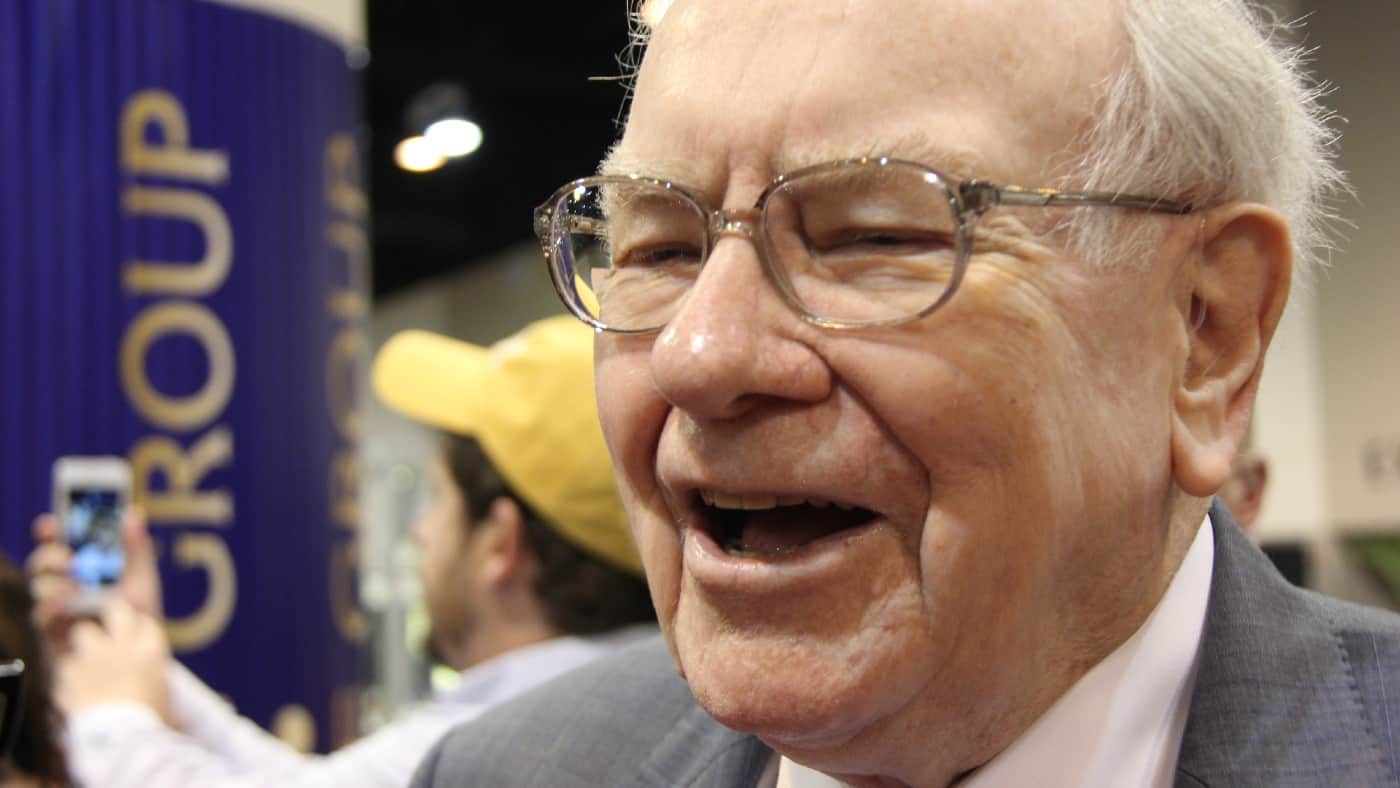In 2023, a Berkshire Hathaway (NYSE:BRK.B) subsidiary generated $2.3bn in profits. When Warren Buffett first bought the business back in 2000, it was earning $122m.
That means its earnings have grown by 1,810% over the last 23 years. And I think there are some important lessons investors can take from the result.
The business
The subsidiary in question is Berkshire Hathaway Energy (BHE). The business owns a variety of energy assets including wind farms, transmission infrastructure, and natural gas pipelines.
In general, utilities aren’t known for their growth prospects. They’re more commonly thought of as reliable sources of dividends because they’re hard – or impossible – to compete with.
Growing earnings by 1,810% sounds like a lot – and it is. But over 23 years of compounding, it actually works out to just over 13.5% a year on average.
Put that way, it sounds much less remarkable. And this is a great illustration of what Warren Buffett’s style of investing is all about.
Durable growth
What Buffett values most in an investment is durability. In looking for acquisition targets, Berkshire Hathaway focuses on steady growth over an extremely long period.
BHE is a great example of this. Since 2000, the subsidiary has expanded its asset base through a combination of building infrastructure and acquiring it from other companies.
All of this has cost money – the utilities subsidiary doesn’t grow without requiring any additional capital. And that introduces risk.
Nonetheless, the regulated nature of the industry means Berkshire has been able to earn a good return on its assets. And this is why it has been able to keep growing at a good rate.
Future prospects
Growing earnings at 13.5% per year for 23 years is an impressive achievement. For most companies, this just isn’t possible because there aren’t enough opportunities around.
BHE might be different though. The rise of artificial intelligence (AI) should increase power demand and the shift to renewable energy should create significant growth potential.
Yet all of this depends on how the utilities industry is regulated. This is the biggest risk to BHE’s future growth and it’s entirely out of Berkshire Hathaway’s hands.
At the 2024 Annual Shareholder Meeting, Buffett raised concerns about regulation. But if the business is able to earn a good return, it has the cash to keep making investments.
Valuation
Until recently, Berkshire Hathaway owned 92% of BHE’s shares. But earlier this week, it bought the remaining 8% for around $4bn, implying a price for the overall business of around $49bn.
That’s less than the implied $87bn Berkshire paid when it last bought shares in 2022. But it should be noted that the subsidiary earned $4bn in 2021 – almost twice what it made in 2023.
This underlines the point that even the best businesses have their ups and downs. But the growth of Buffett’s utilities business since 2000 has been nothing short of outstanding.








